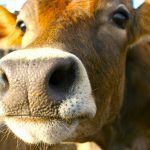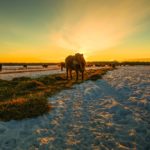Chicago | Reuters – U.S. farm technology firm Indigo Agriculture on Wednesday said its carbon farming program has produced 20,000 tonnes in soil carbon credits that it will sell as emissions offsets to buyers including JPMorgan Chase JPM.N, Barclays BARC.L and The North Face. They are the first agricultural soil carbon credits to be verified […] Read more














